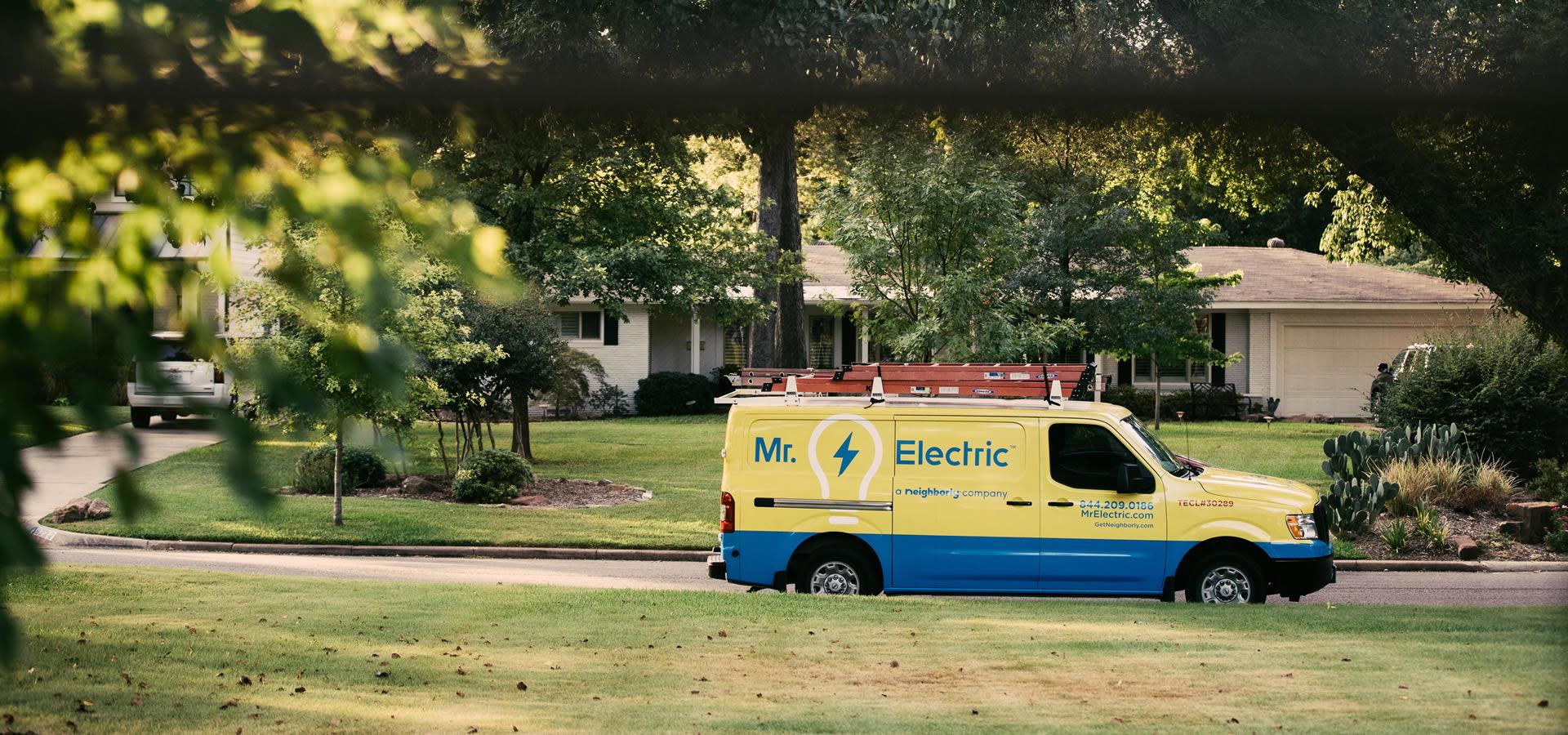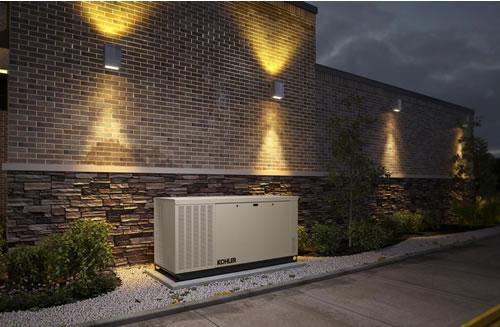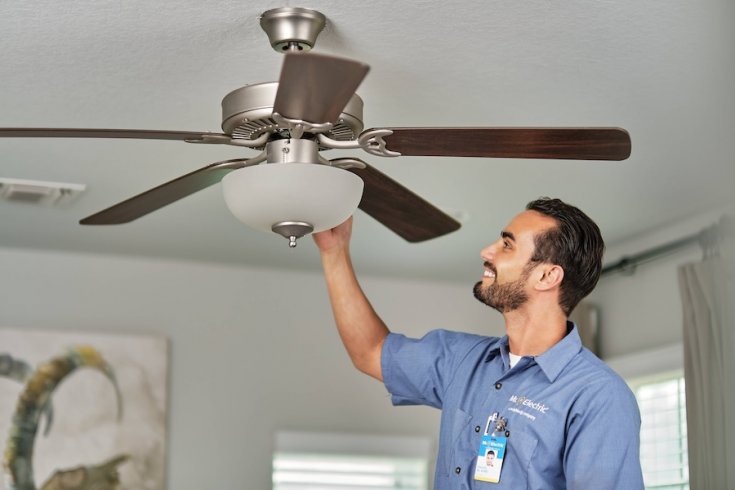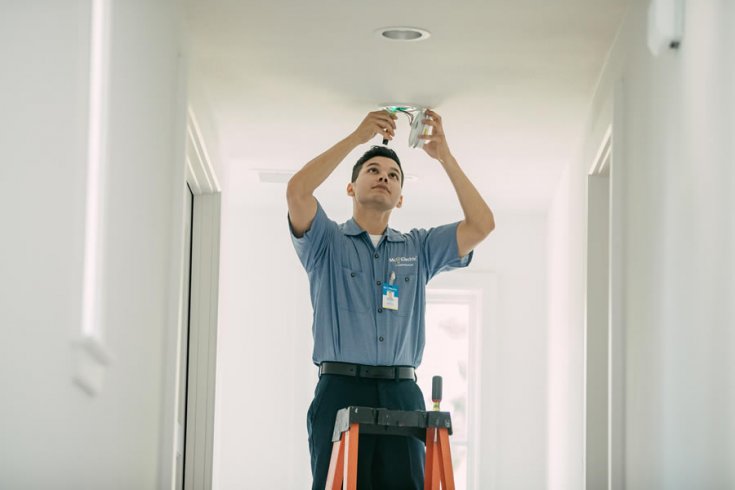What to Look For When Shopping for a Whole Home Generator
You’re here probably because you are tired of power outages disrupting your daily life. A whole home generator can save the day during a blackout. It is wired into your electrical system and activates within seconds of a power failure. A whole home standby generator offers peace of mind, saves you money, and enhances safety and security.
If there’s one thing you need to get right, it is the size of your generator. The right-size whole home generator will operate at peak efficiency, provide a reliable power supply, and last longer. On the other hand, making the wrong choice can lead to increased expenses, damage to appliances, and cause power outages.
In this article, Mr. Electric highlights the key things to consider when shopping for a whole home generator. Remember, Mr. Electric is the name you can trust for all of your residential and commercial electrical needs, including home generator installation.
Wattage
Wattage refers to the maximum power drawn by an appliance. For example, the wattage of an automatic espresso machine ranges between 1000 and 1500 watts. That means when it’s in use, it can draw up to 1500 watts of power from your electrical system.
Before you start to shop for a whole home generator, determine the total wattage of all the appliances and devices you want to power simultaneously. This might include an air conditioner, refrigerator, freezer, TV, lights, furnace, computer, and other essential electronics. The wattage of most appliances is usually stamped on a label at the back or bottom of the appliance. Multiply the total wattage by 1.25 to account for fluctuations and future additions.
For example, if you need to power a 1,500-watt refrigerator, a 1,000-watt microwave, and a 3,000-watt air conditioner, you’d calculate:
1,500 watts (refrigerator) + 1,000 watts (microwave) + 3,000 watts (air conditioner) = 4,500 watts. Multiply by 1.25: 4,500 watts * 1.25 = 5,625 watts. You'd need a generator with a minimum wattage of 5,625 watts to power these appliances.
Many household appliances require a significant surge of power to start. This surge can be much higher than the running wattage—the amount of power needed to continuously run an appliance or device. Adding a safety margin allows you to choose a generator that can handle these startup surges without overloading. In addition, it allows for future expansion or increased usage.
Calculating the total wattage for each item can sometimes be difficult for homeowners who may not be familiar with electrical specifications. If you need help, get in touch with a licensed electrician.
The other important factors to consider when choosing a home generator include noise level, fuel type, maintenance requirements, and warranty. You want to install a quieter model with good fuel efficiency and backed by a good warranty for your peace of mind. Hiring a trusted electrical repair service can help you navigate the complexities of generator installation and ensure a reliable power backup solution for your home.
Call Mr. Electric for Professional Whole Home Generator Installation
There are a lot of nitty-gritties that go into installing a generator. From electrical wiring to permit acquisition, it's a complex process best left to the experts. Mr. Electric, a trusted name in electrical services, offers professional whole home generator installation. Our experienced technicians will handle every aspect of the installation, ensuring a seamless and reliable system.







